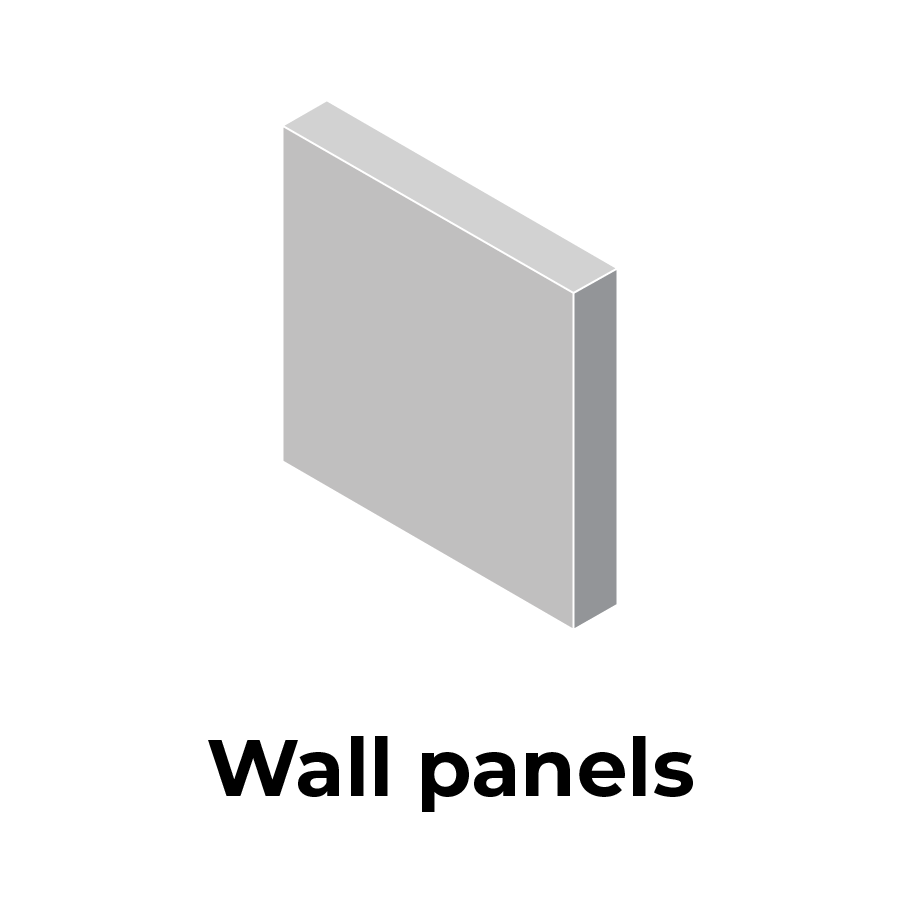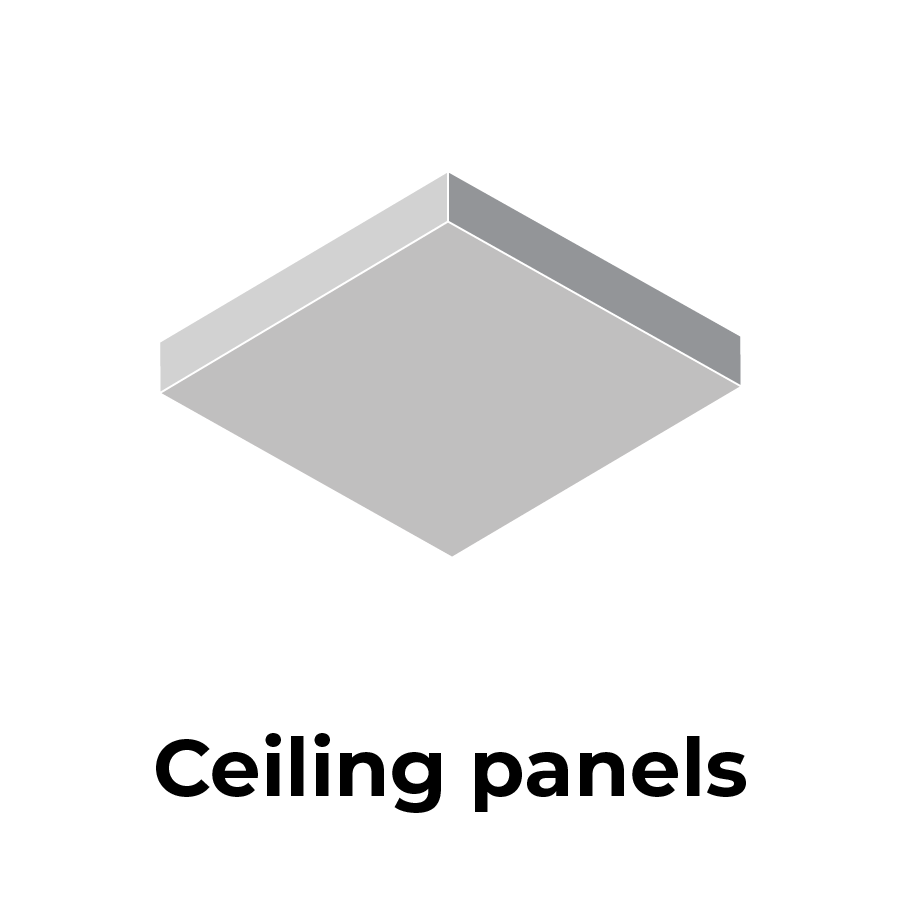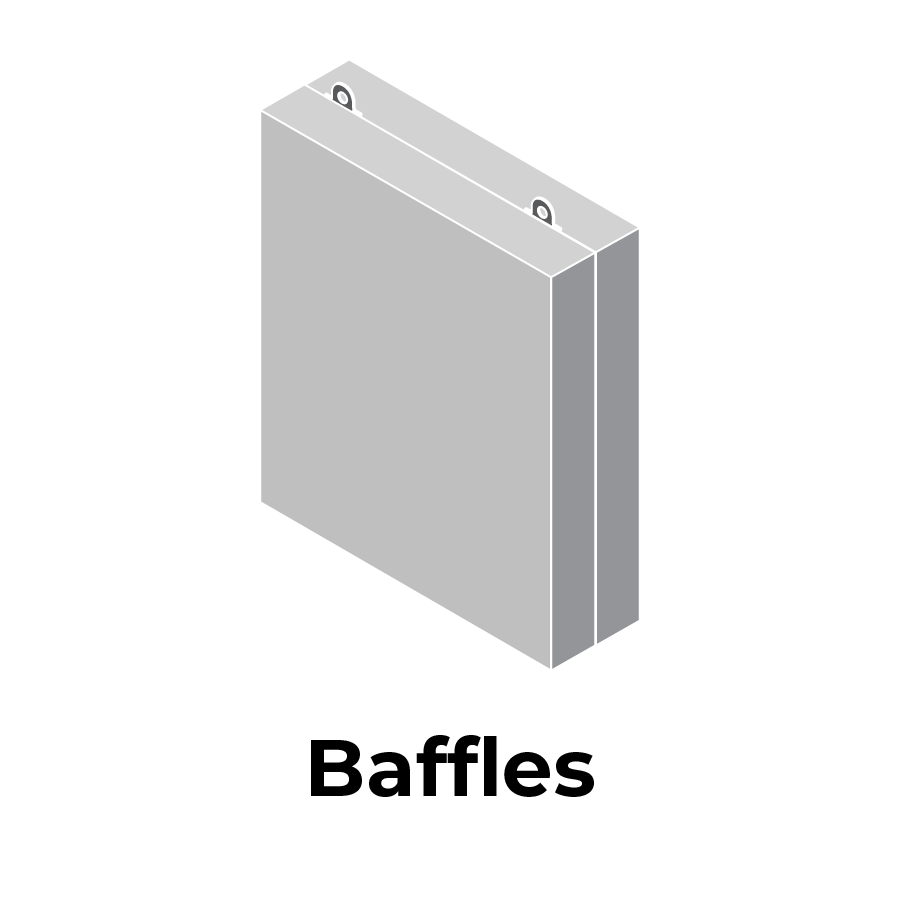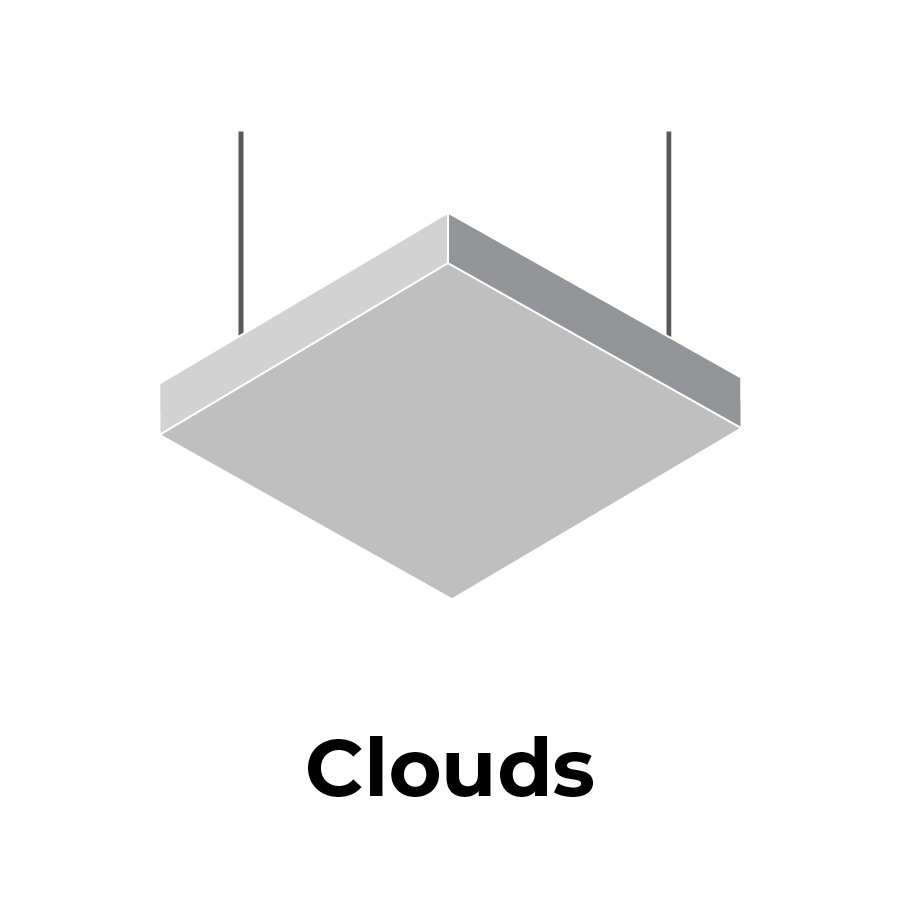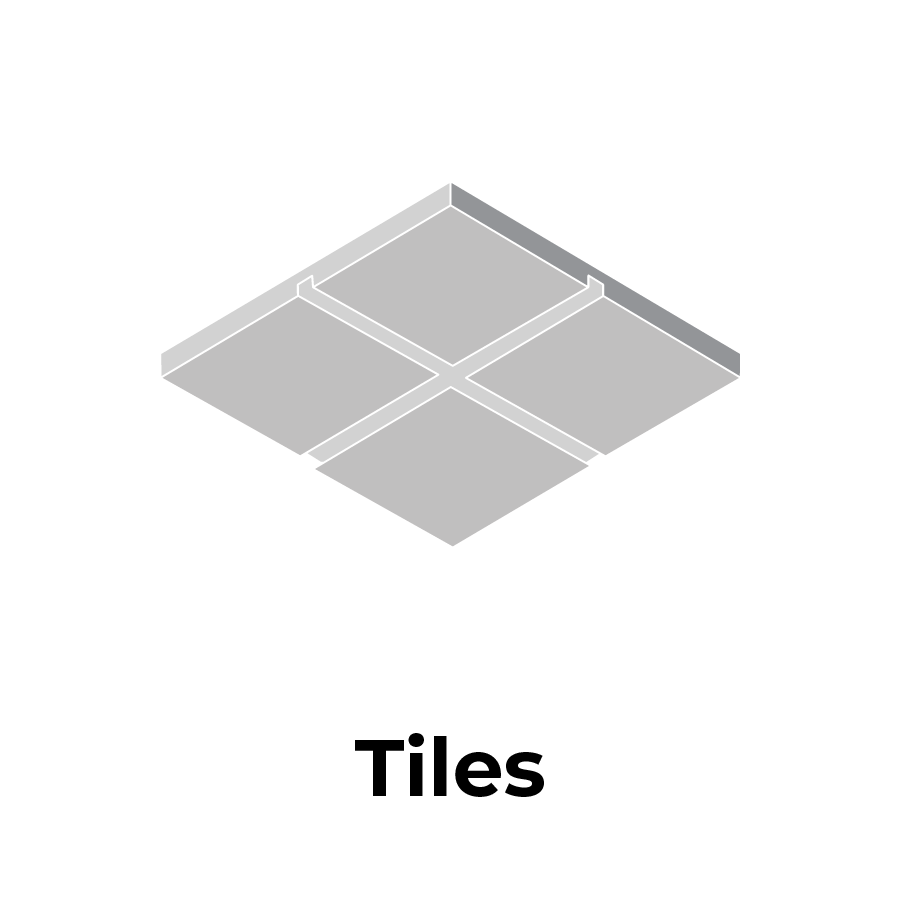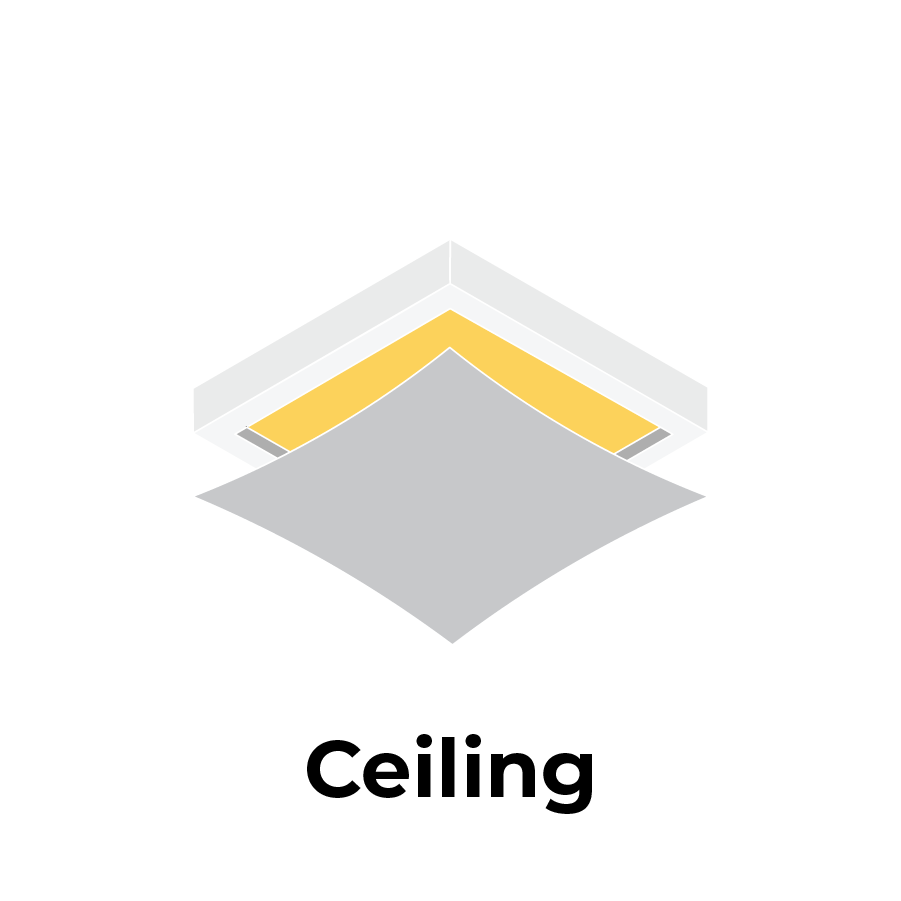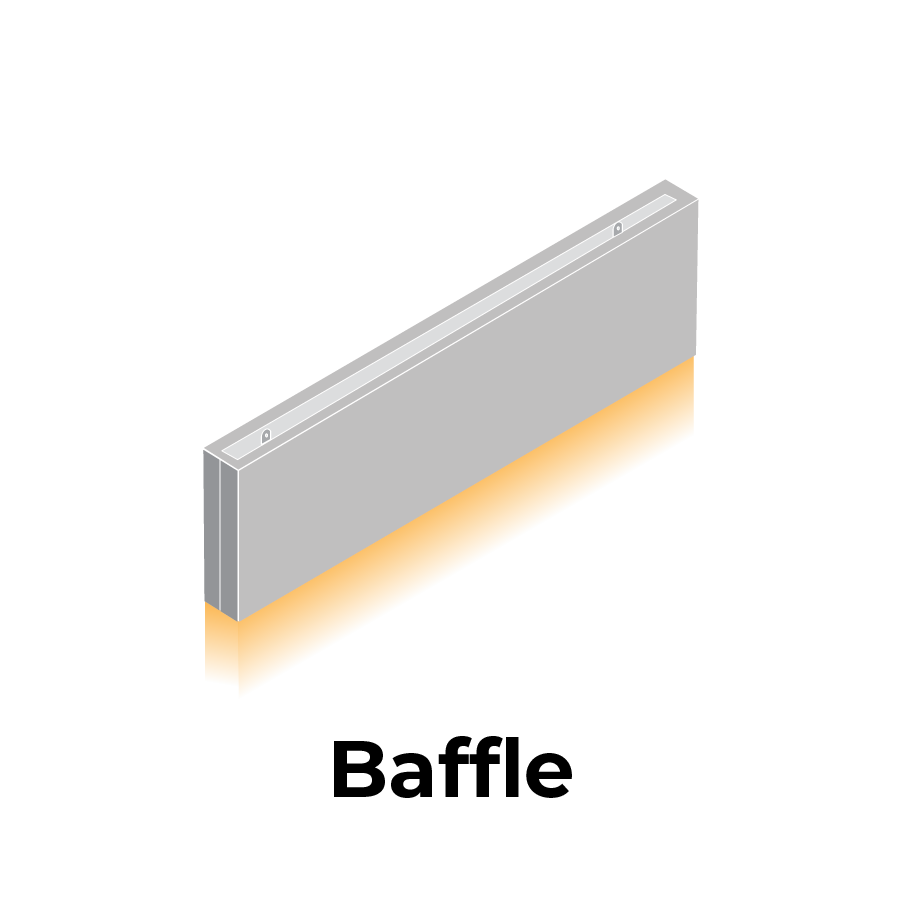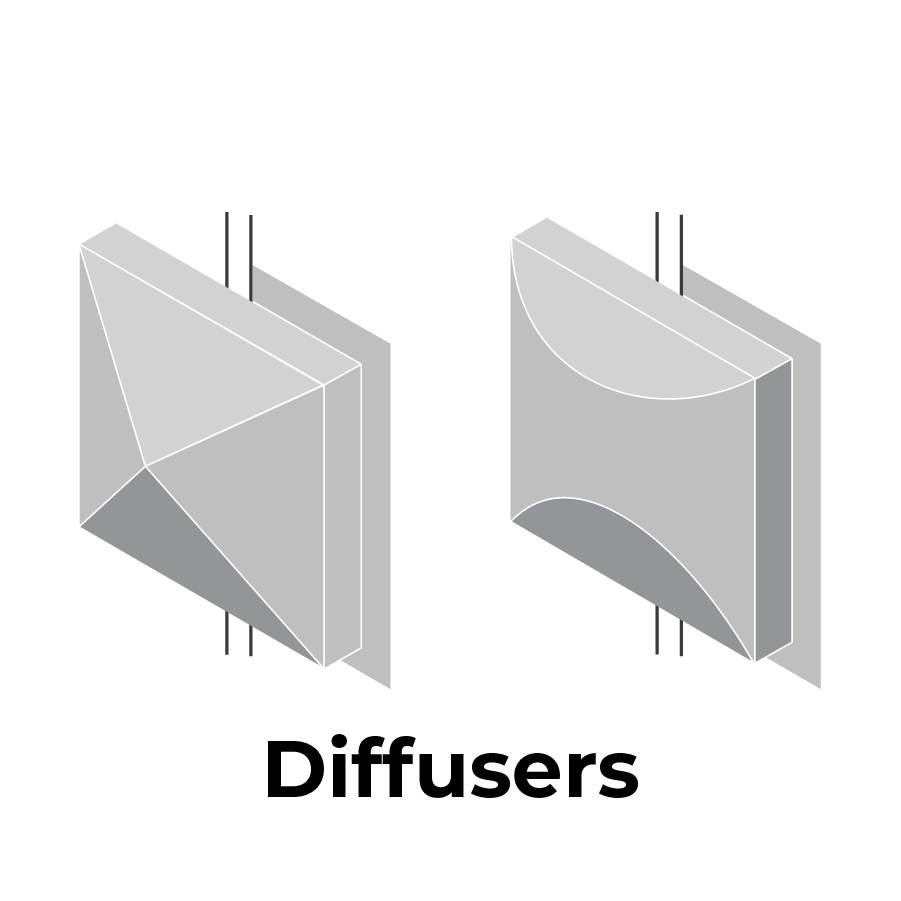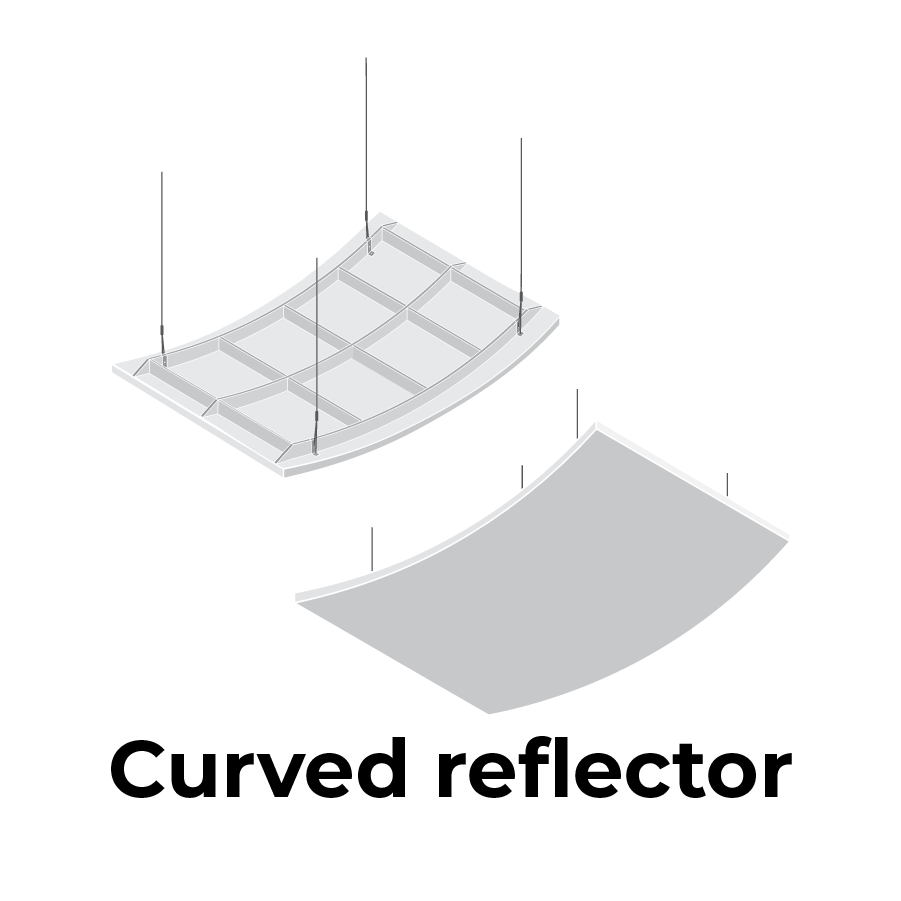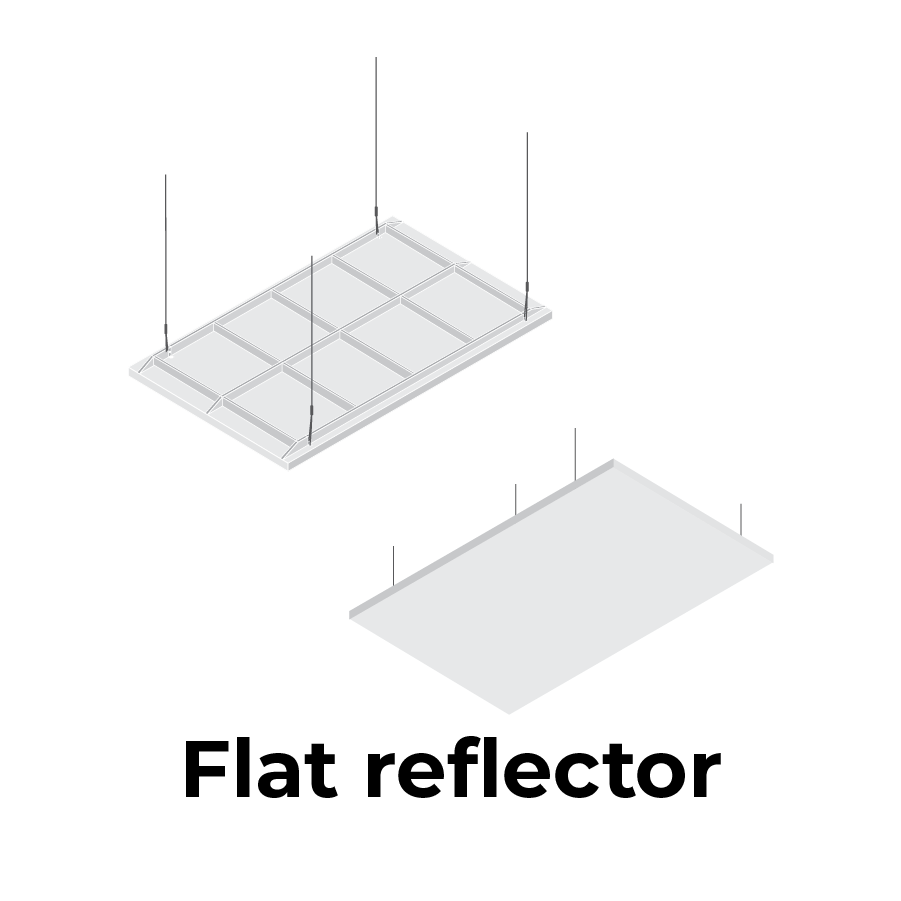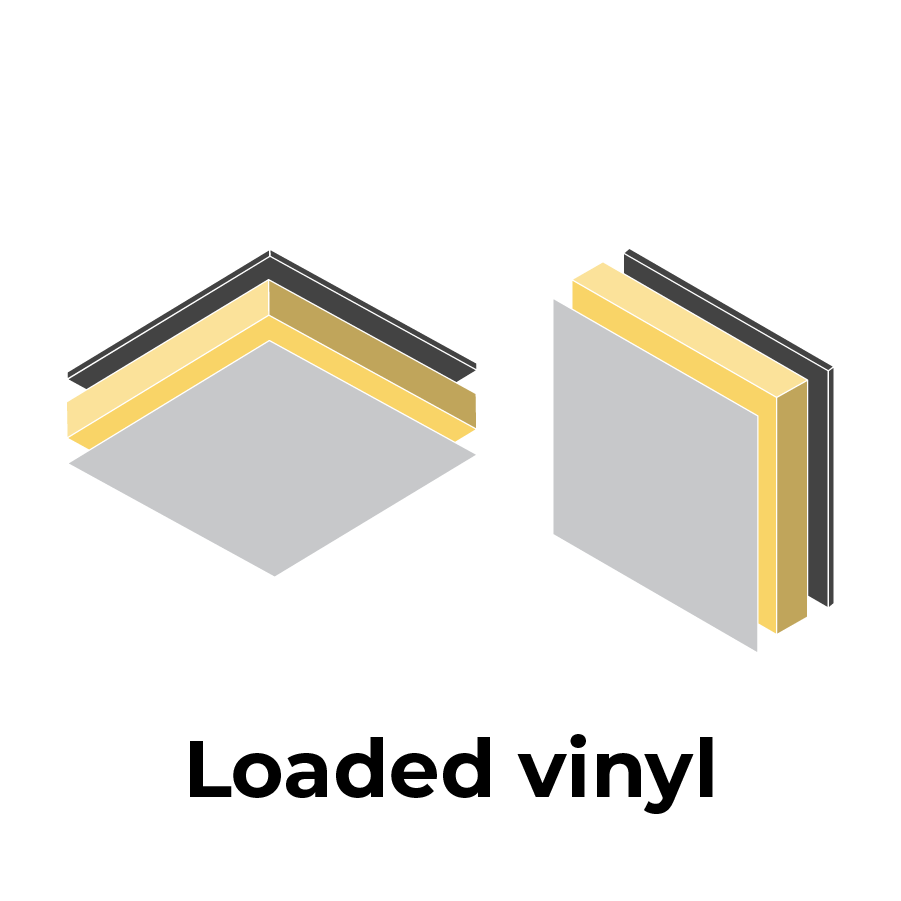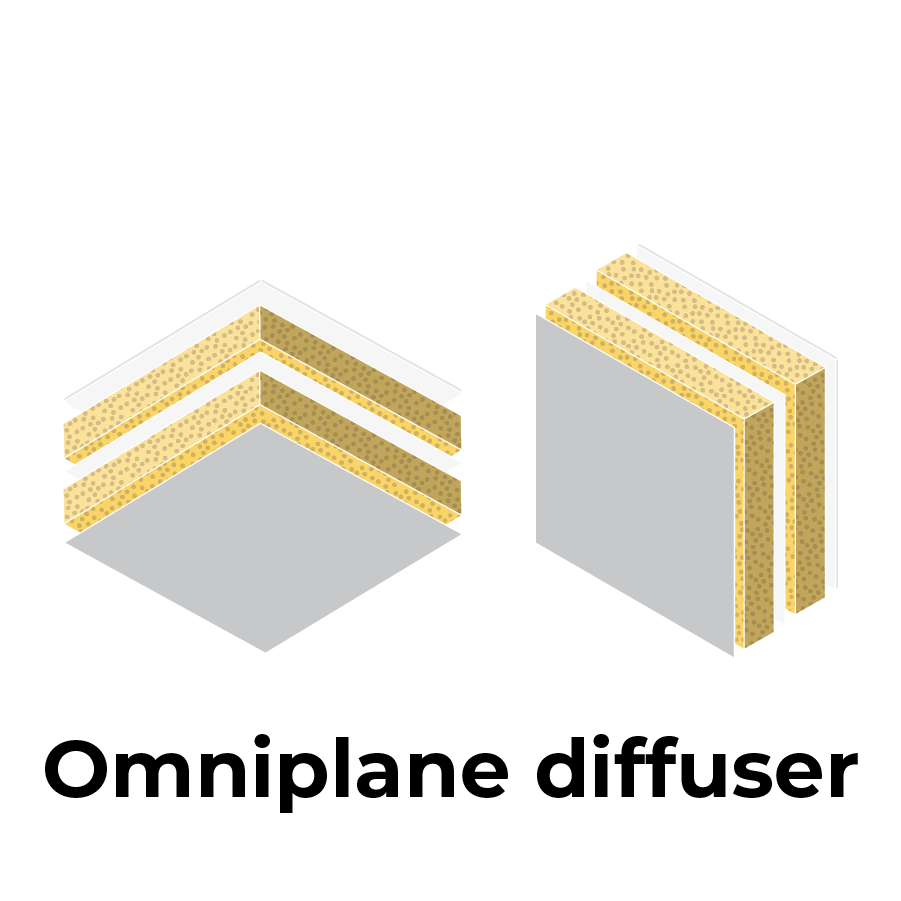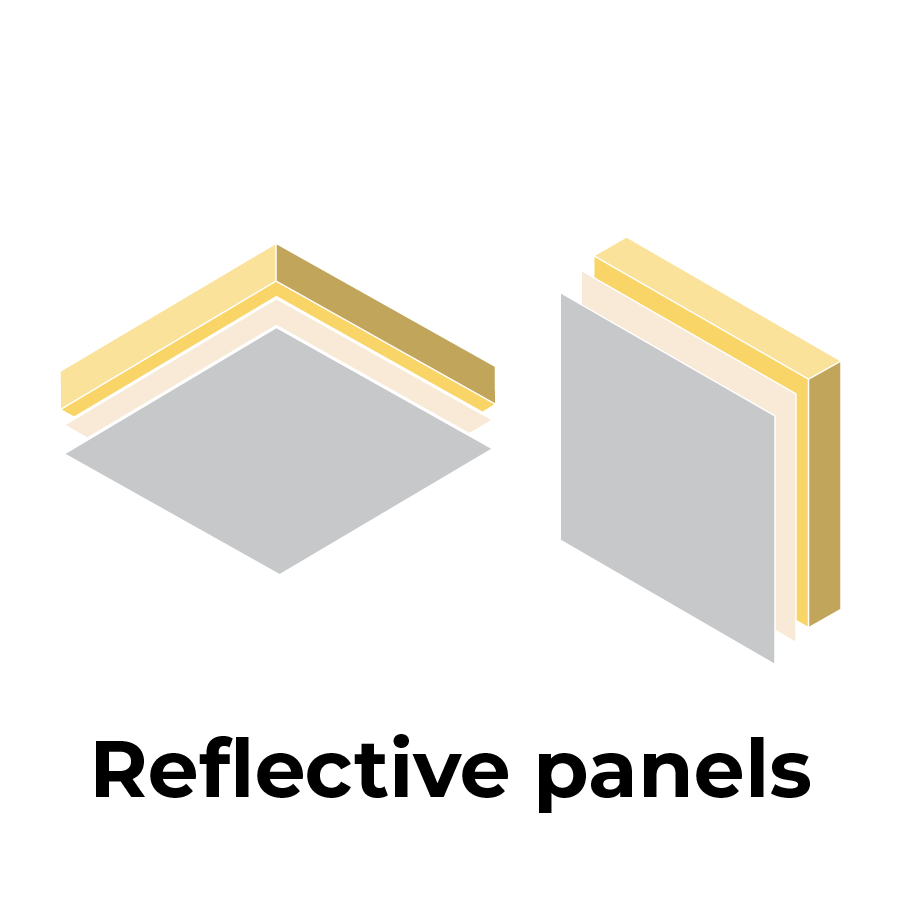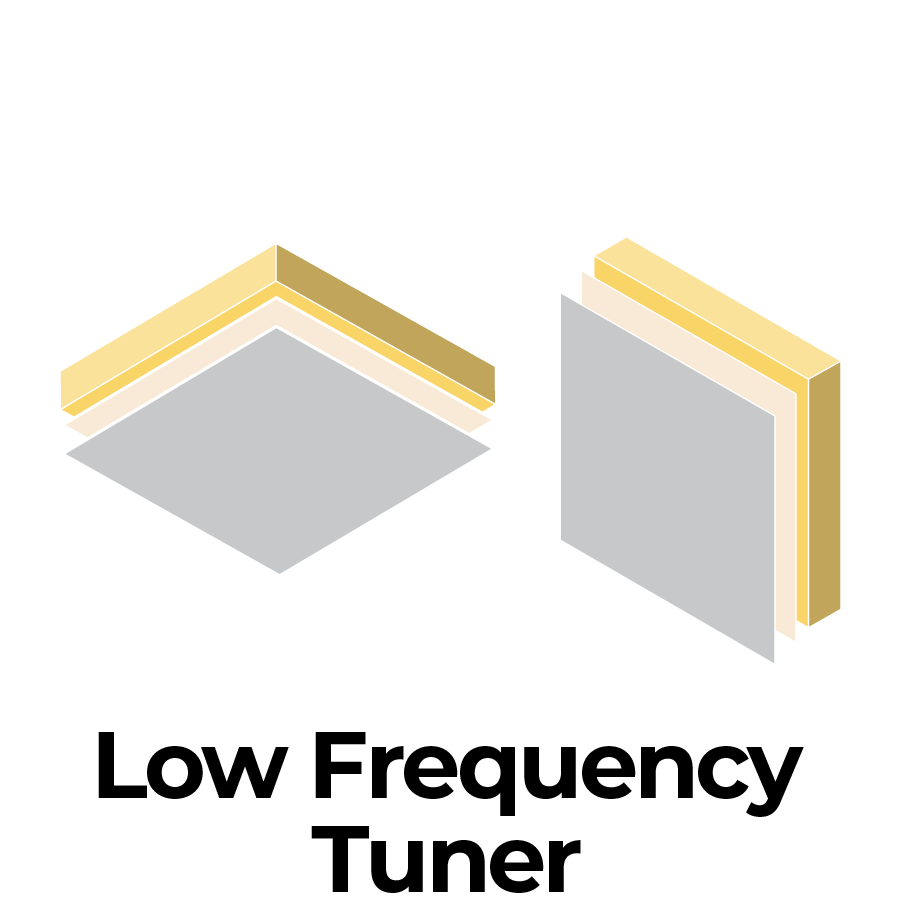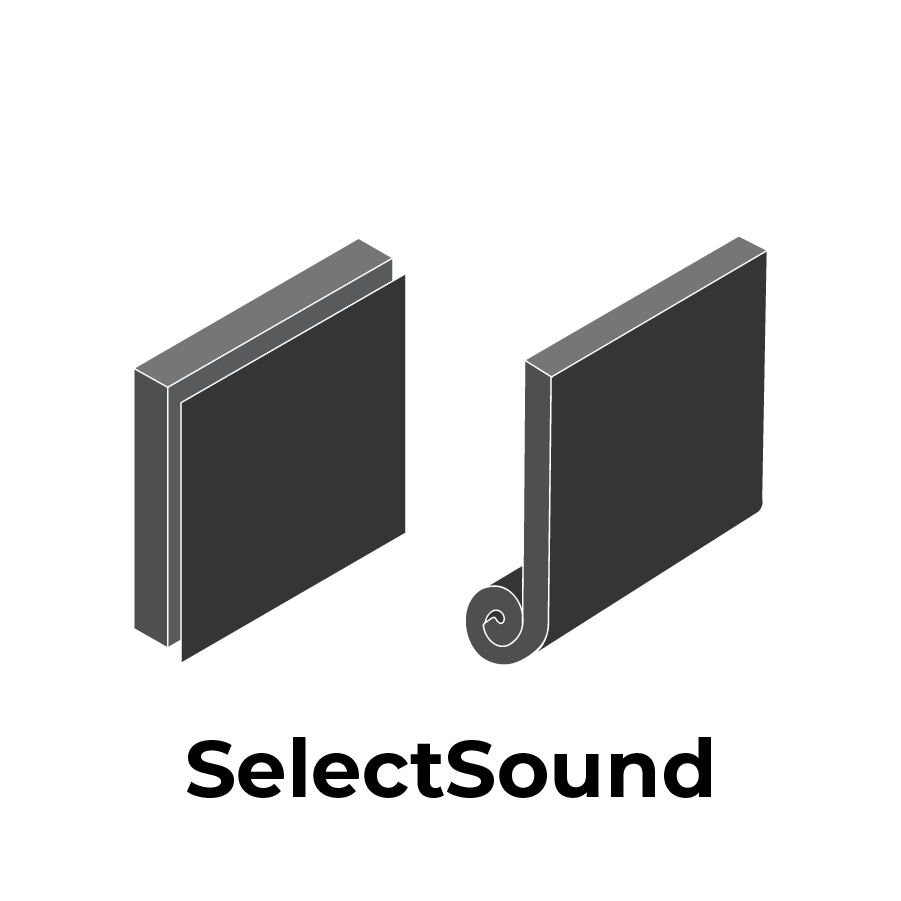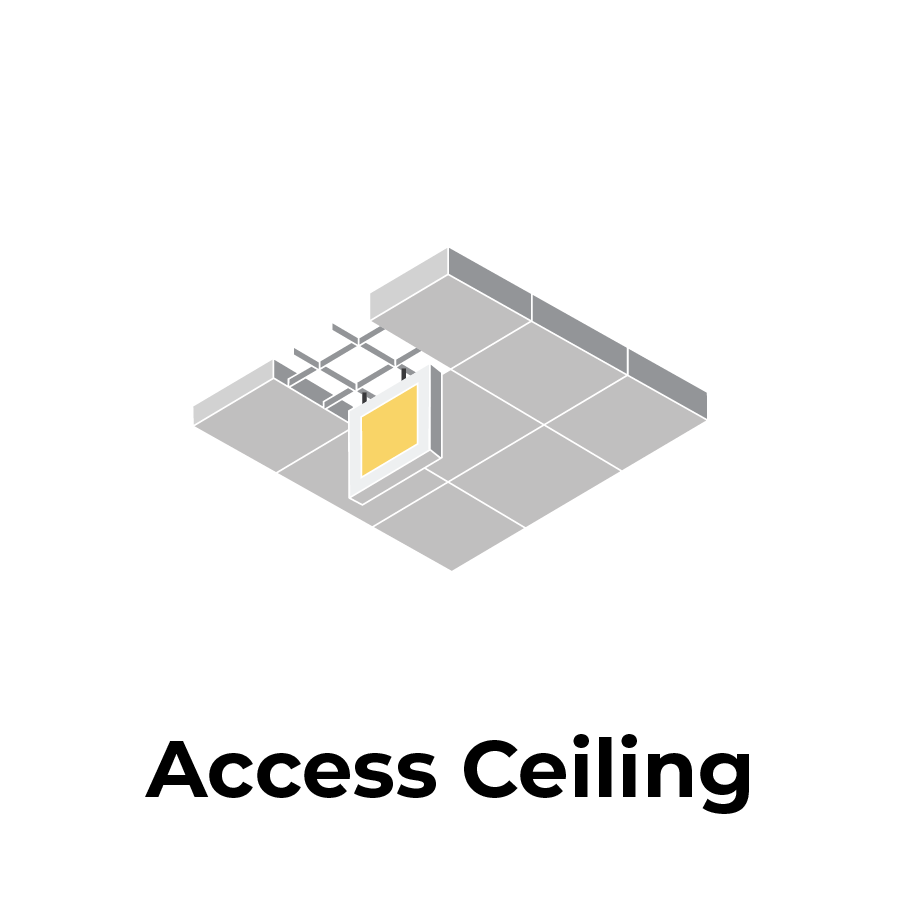Reverberation and echoes are commonly seen as the same thing, and fundamentally they are, since they both are the reflection of sound. But these terms are different. This is due to the time it takes for sound to travel back to your eardrum.
Defining echoes and reverberation
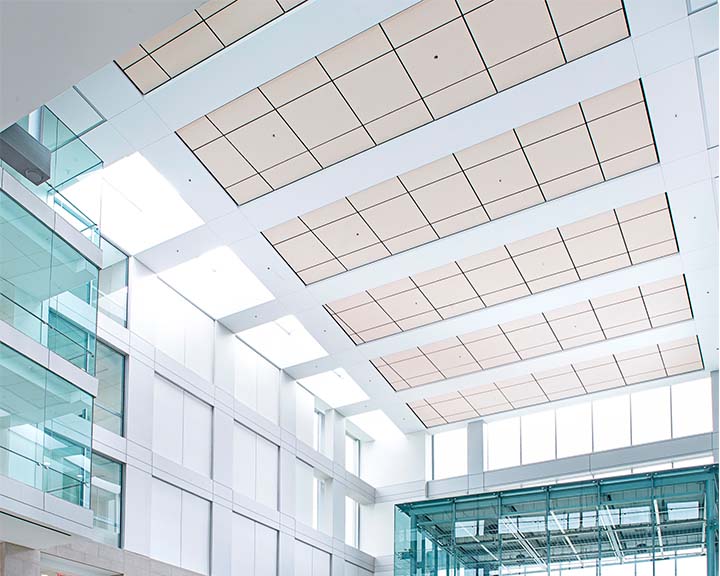
When you holler in a large room, into a cave, or a massive canyon, there’s a pause between the initial noise and the reflected noise. This pause, even if it’s as short as a tenth (0.1) of a second, classifies the reflection as an echo. The pause is a result of the distance the sound has to travel before it can find something to reflect off of, and it occurs when the reflecting surface is more than 55 feet away.
On the other hand, the reflections that seem to continue alongside the initial sound without any interruption are considered reverberation. Obviously, it takes time for the sound to reflect off an object and travel back to your ears, but, when the reflecting object is closer, that sound makes the trip in less than 0.1 seconds. Our brains and memories hold onto the sound for this tenth of a second, making it seem like a continuous noise.
How to combat echoes
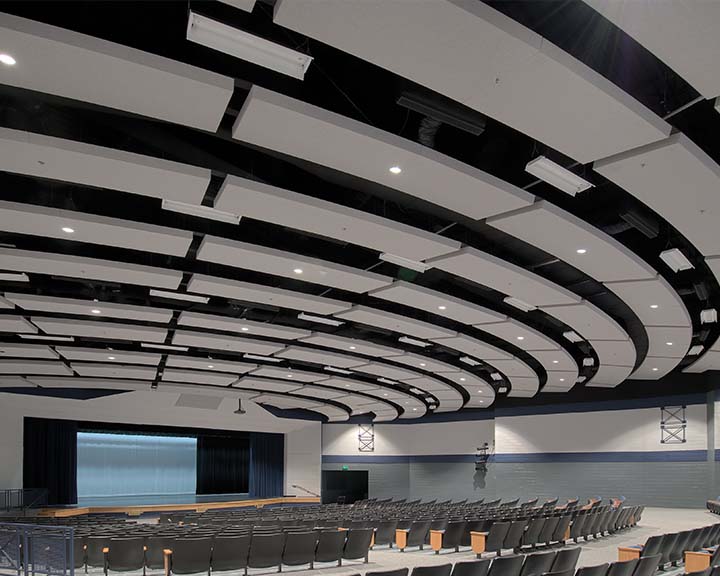

How to reduce reverberation
Like echoes, reverberation makes verbal communication difficult. In some settings, like in the Cathedral of Notre Dame in Paris (8.5 second reverberation time), a long reverberation time can make non-verbal musical sounds fuller and richer, but it takes away any ability to hold a speech or conversation. For a general purpose auditorium, a reverberation time between 1.5 and 2.5 seconds is ideal because it balances speech and music quality. Any reverberation time less than that will prioritize speech over music.
Luckily, with the right tools, balancing reverberation is a pretty simple task. Our Respond® Barrel Diffuser panels optimize music quality by scattering and blending sound frequencies throughout a room. Strategically placed acoustic solutions like Rebound panels or Eurospan® compliment these diffusers by absorbing the noises at the right time.
Get in contact with a rep
If you are looking to reduce echo and reverberation in a room, the best thing you can do is get in contact with one of our representatives. Our reps are experts in the acoustics field and can meet with you to see what solution would be best for your room.

